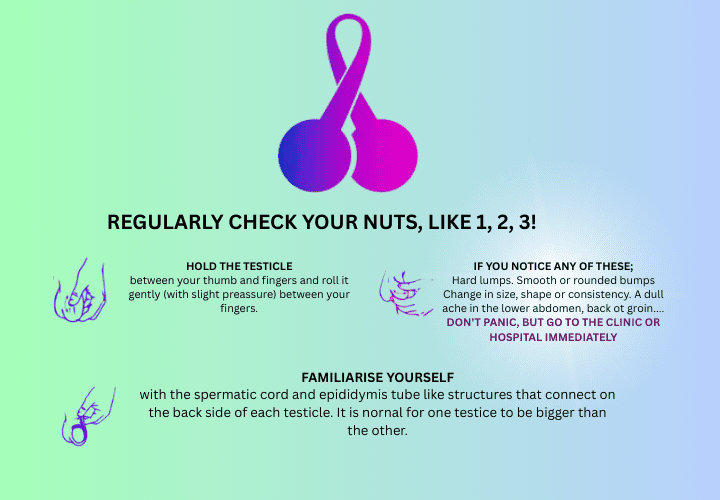Tips To Get Nutrition During Cancer Treatment Despite Loss Of Appetite
If cancer treatment is affecting your appetite, then follow these tips to get enough nutrients and calories every day.
Loss of appetite is one of the side effects of cancer or cancer treatment.
Making yourself eat can be hard. But you need to maintain your intake of calories, proteins and fluids during the cancer treatment.
Here we discuss some guidelines to help cancer patients get essential nutrients even if they don’t feel hungry.
However, sticking to a diet plan may not change the outcome in cases like the last stage of cancer. Consult your doctor for more specific dietary advice.
Increase Calorie Intake
Calories are essential when you are recovering from an illness. You can increase your calorie intake by:
- Adding butter or oil to foods.
- Making sandwiches with biscuits or croissants.
- Adding edible seeds to foods.
- Adding slices of avocado or guacamole to salads or sandwiches.
- Consuming fruits canned in heavy syrup.
- Topping hot cereal with brown sugar, honey, etc.
- Drinking calorie-rich beverages.
Don’t worry about the extra fat and sugar in your diet, it’s only for until you recover. You can get back on track later.
Extra protein is always necessary during illnesses to help your body repair itself. If red meat doesn’t appeal to you anymore, you have other protein-sources to turn to like:
- Poultry
- Eggs
- Fish
- Dairy products
- Beans
- Lentils
- Nuts
- Quinoa
Drink Plenty Of Fluids
Unless you doctor advises against it, drink at least two litres (sixty-four ounces) daily. Sip high-calorie drinks like fruit juice, milkshake, smoothie, etc.
Try flavoured water or fruit juice diluted with water if you don’t feel like having something sweet.
Have Multivitamins If Needed
You might need multivitamins if you can’t eat properly for more than a few days due to appetite loss.
Nutritional supplements can interact with cancer treatments and medicines, so ask your doctor before including them in your daily routine.
Read labels to ensure you consume no more than a hundred per cent of the required daily intake vitamins and minerals.
If you’re eating or drinking supplements like bars, cookies or smoothies, you might not need multivitamins. Nutritional supplements tend to be fortified with minerals and vitamins.
Keep Snacks Nearby
You never know when you feel hungry. Having snacks nearby will help you make use of the times you do feel like eating. Keep high-calorie snacks like ice cream, cheese crackers, muffins, etc.
Bedtime is a good time to indulge in snacks because it doesn’t affect your hunger during the next meal. In fact, many people have the best appetite in the morning after a good night’s sleep.
Eat Small Portions Many Times
Eating small portions many times throughout the day might be easier than having a full plate during meal times.
Schedule Meals
Patients who never seem to feel hungry should schedule mealtimes rather than relying on their hunger.
Try New Dishes
If you can’t stomach your usual favourites, you might want to try dishes you haven’t had before. Foods with a variety of colours and textures can be appealing.
However, avoid smells that make you feel sick. They can make you lose whatever appetite you have left and cause nausea.


Leave a Reply